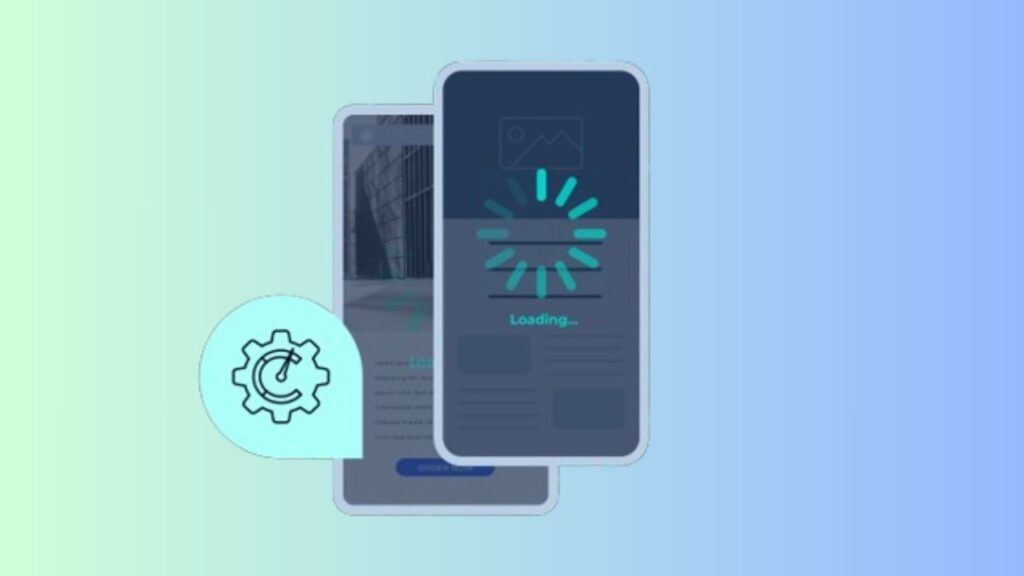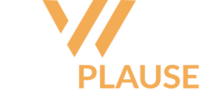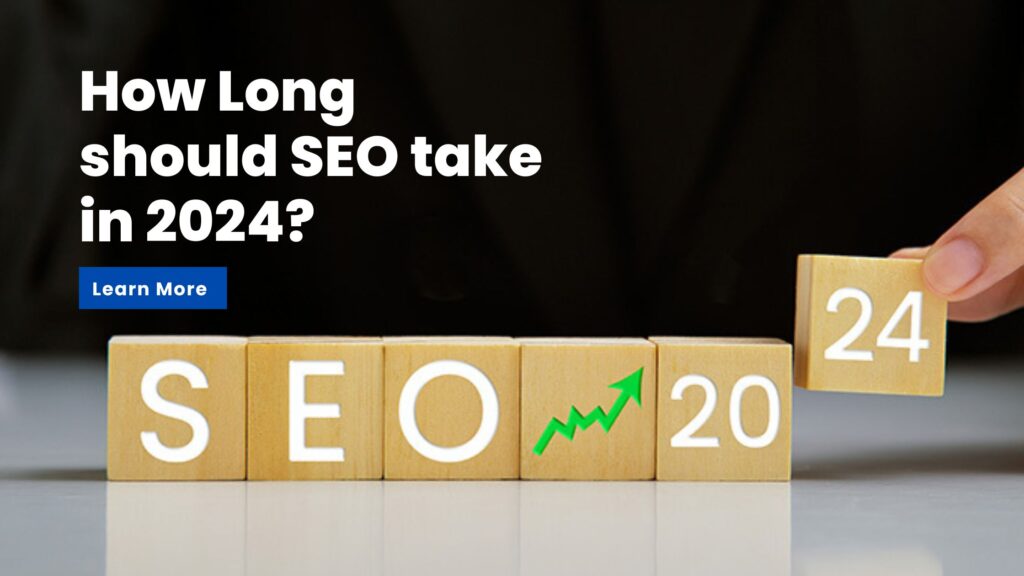Discover the key on-page SEO factors that can significantly improve your website’s search engine rankings and drive more organic traffic.
Optimize Title Tags and Meta Descriptions.
One of the most important on-page SEO factors is optimizing your title tags and meta descriptions. These elements provide a concise summary of your webpage’s content to search engines and users. By including relevant keywords and providing a clear description of your page’s content, you can improve your chances of ranking higher in search engine results.
Additionally, optimizing your title tags and meta descriptions can also improve click-through rates. When users see compelling and relevant titles and descriptions in search results, they are more likely to click on your website and visit it.
To optimize your title tags, make sure they accurately describe the content of your page and include relevant keywords. Keep them concise and within the recommended character limit. For meta descriptions, write a clear and compelling summary of your page’s content, using relevant keywords
Create High-Quality and Relevant Content.
One of the most crucial on-page SEO factors is creating high-quality and relevant content. Search engines prioritize websites that provide valuable and informative content to users.
To create high-quality content, start by conducting thorough research on your topic. Understand your target audience and their needs, and then create content that addresses those needs effectively. Use relevant keywords naturally throughout your content to improve its visibility to search engines.
In addition to being high-quality, your content should also be relevant to your target audience and the keywords you are targeting. Make sure your content is well-structured and easy to read, with clear headings and subheadings. Use images, videos, and other multimedia elements to enhance the user experience.
Remember to update your content regularly to keep it fresh and relevant. This can help improve your search engine rankings and attract more organic traffic to your website.

Improve Page Loading Speed.
Page loading speed is a critical on-page SEO factor that can significantly impact your website’s rankings. Users expect fast-loading websites, and search engines prioritize websites that provide a smooth and quick user experience.
To improve your page loading speed, start by optimizing your website’s code and reducing unnecessary scripts and plugins. Compress and optimize your images to reduce their file size without compromising their quality. Minify your CSS and JavaScript files to reduce their size and improve loading times.
Consider using a content delivery network (CDN) to distribute your website’s content across multiple servers, reducing the distance between your website and its users. Enable browser caching to store static files on users’ devices, reducing the need to fetch them from the server with each visit.
Regularly monitor your website’s loading speed and make necessary optimizations to ensure fast and smooth user experiences. This can help improve your search engine rankings and keep visitors engaged on your website.
Optimize Images with Alt Text.
Optimizing images with alt text is an important on-page SEO factor that can improve your website’s visibility in search engine results.
Alt text, also known as alternative text, is a descriptive text that is added to an image’s HTML code. It provides information about the image to search engines and users who may have difficulty loading or viewing images.
To optimize your images with alt text, make sure to include relevant keywords and describe the content of the image accurately. Keep the alt text concise and within the recommended character limit.
By optimizing your images with alt text, you improve the accessibility and visibility of your website’s content to both search engines and users. This can help increase your chances of ranking higher in search engine results and attract more organic traffic to your website.
Utilize Internal and External Links.
Internal and external links are important on-page SEO factors that can improve your website’s rankings and user experience.
Internal links are links that connect different pages within your website. They help search engines understand the structure and hierarchy of your website, as well as navigate and discover new content. Internal links also help users navigate your website more easily, improving their overall user experience.
When utilizing internal links, make sure to use descriptive anchor text that accurately reflects the content of the linked page. Include relevant keywords in the anchor text to improve the visibility of your linked pages to search engines.
External links, on the other hand, are links that connect your website to other authoritative and relevant websites. They help search engines determine the credibility and relevance of your website’s content. By linking to reputable sources, you can improve your website’s credibility and rankings.
When utilizing external links, choose reputable websites that are relevant to your content and provide valuable information to your users. Use descriptive anchor text that accurately represents the linked content.
By utilizing internal and external links effectively, you can improve your website’s search engine rankings and provide a better user experience to your visitors.



